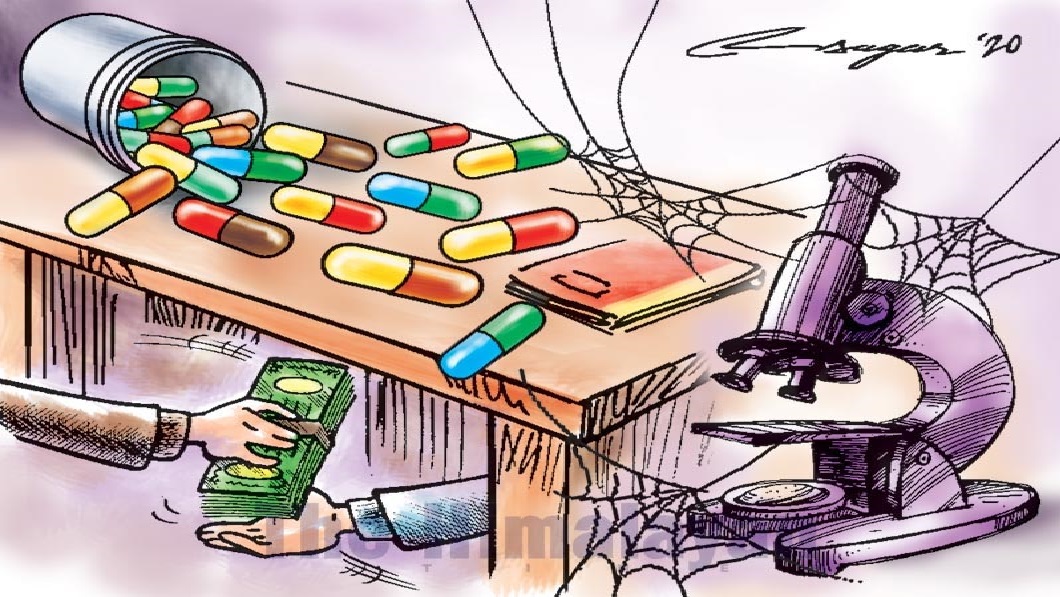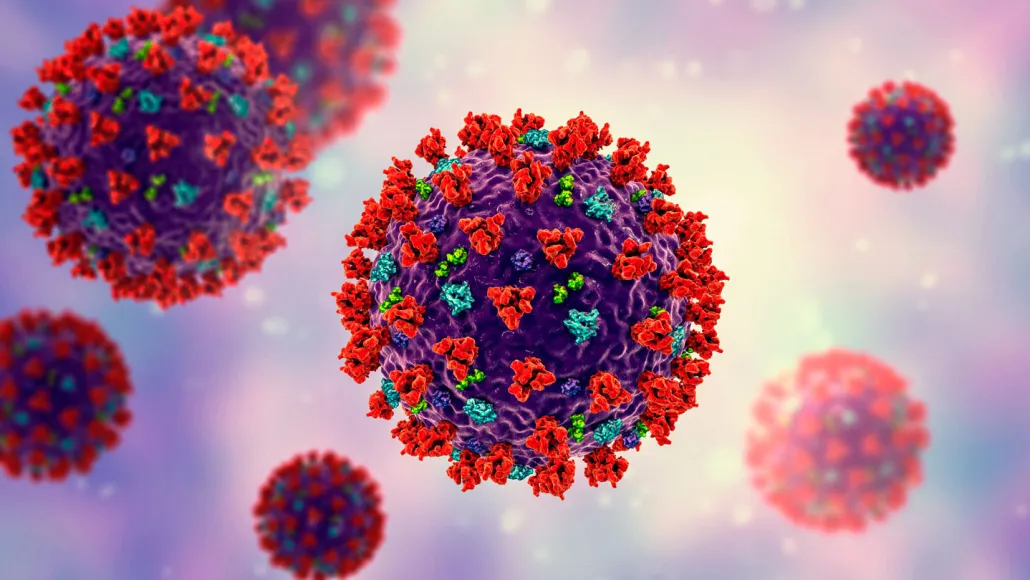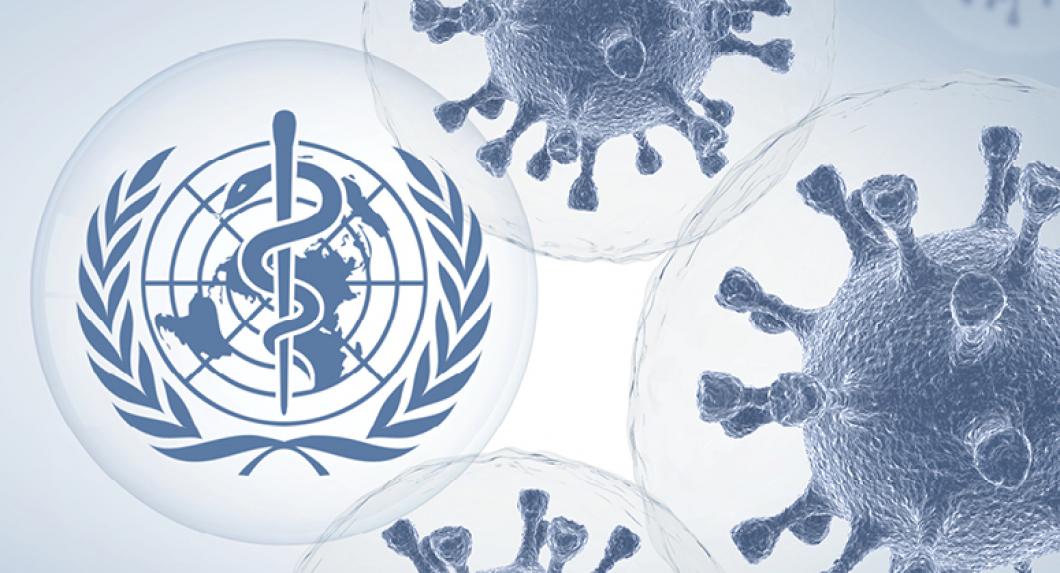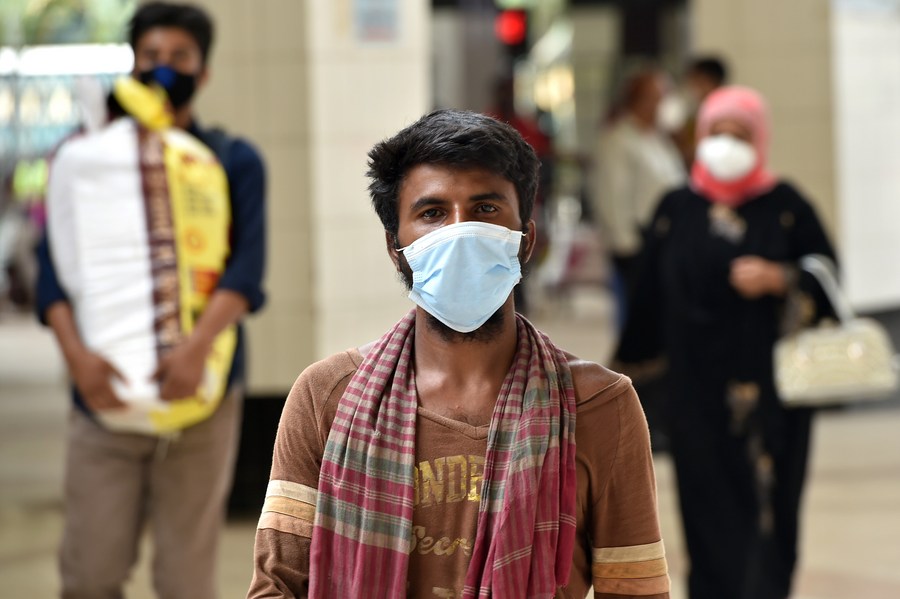Good governance campaigners, jurists and public health experts on Saturday said that continued corruption, irregularities, mismanagement and lack of coordination plunged the health sector into a sorry state.
Addressing a webinar titled ‘Health rights and COVID time’ organised by the Committee for the Protection of Fundamental Rights, they said that corruption was the main reason for the pitiable state of the health sector and poor health services.
Dhaka University professor Asif Nazrul read out the position paper on the topic.
Problems in the health sector had always been there. But they were aggravated and its sorry state was exposed during the pandemic, Asif said in his paper.
He said that the fund allocation for the sector in Bangladesh was the lowest even in South Asia.
He said though number of doctors was inadequate compared to the size of the population, there were incidents of refusal in treating COVID-19 and non-COVID-19 patients by medical professionals, which is a sign of ignorance on their part.
Asif, in his paper, said that number of death was also questionable.
The number of actual deaths, if the deaths with COVID symptoms are added, would be around twice that of the regular number of deaths, he argued and added, ‘Deaths with COVID-19-like symptoms stood at 1984 by August 1, according to Centre for Genocide Studies report on the basis of data obtained from the media.’
He pointed out that no reliable information on services was available while lack of transparency is observed also in the government’s approaches to the health crisis.
Pointing out government indecision during the crisis, he raised the issue of how the experts were selected for the National Technical Advisory Committee, where out of 17-members only three are public health professionals.
The civil society platform asked the authorities concerned to take immediate measures to introduce widespread and free COVID-19 testing, mandatory mask use, besides asking the government to involve the private sector, developing institutional quarantine system, airport testing facilities and pandemic response coordination.
‘Engage the relevant experts, who are abundant in Bangladesh, instead of opting for a bureaucratic response,’ it said.
Addressing the discussion, Transparency International Bangladesh executive director Iftekharuzzaman said that corruptions was taking place in different nooks and crannies in the health sector as well as in the very process of fighting the COVID-19 scourge.
He mentioned the corruption in supply and distribution process while the government is now trying to stop the flow of information to hide such irregularities.
Several speakers in the webinar urged the government to form a ‘health commission’ to ensure discipline in the health sector.
Presided over by jurist Shahdeen Malik, Sushasoner Jonno Nagarik secretary Badiul Alam Majumder, lawyers Syeda Rizwana Hasan and Sara Hossain, public health expert Taufique Joader and RMG worker’s leader Saleha Islam speak among others.















